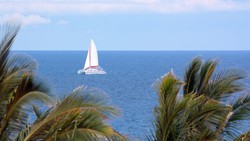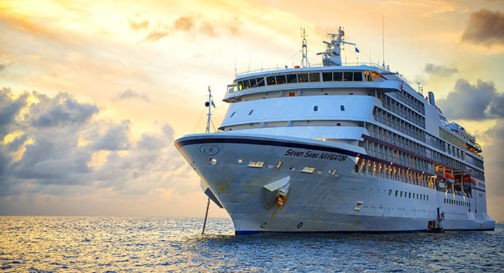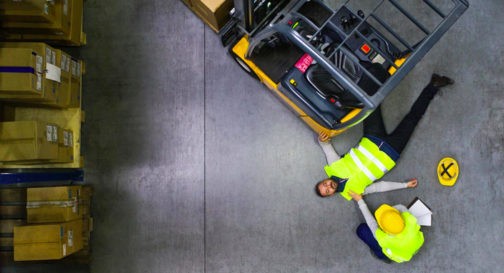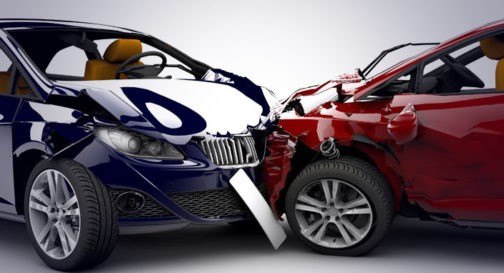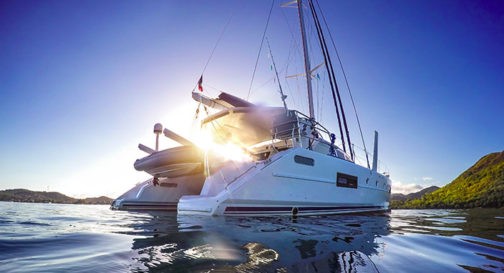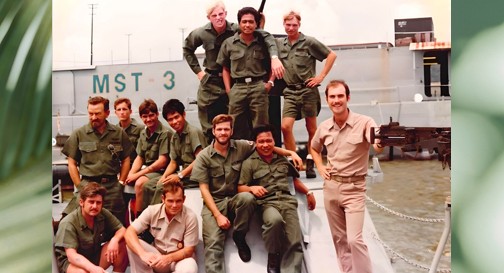Hawaii Personal Watercraft Regulations
PWC Regulations and Thrill Craft Laws and Requirements in The State of HI
Personal Watercraft (PWCs) are small, agile boats powered by an inboard engine and a jet pump mechanism. The U.S. Coast Guard considers them to be “Class A Inboard Boats.” These vessels are also identified as “Thrill Craft” in the State of Hawaii and have to follow Hawaii personal watercraft regulations. “Thrill craft” means any motorized vessel that falls into the category of personal watercraft, and which:
- is generally less than thirteen feet in length as manufactured;
- is generally capable of exceeding a speed of twenty miles per hour;
- can be operated by a single operator, but may have the capacity to carry passengers while in operation; or
- is designed to provide similar operating performance as a personal watercraft through a combination of small size, power plant, and hull design.
The term includes, but is not limited to, a jet ski, waverunner, wet bike, surf jet, miniature speed boat, hovercraft, and every description of vessel that uses an internal combustion engine powering a water jet pump as its primary source of motive propulsion. These vessels are designed to be operated by a person or persons sitting, standing, or kneeling on, or being towed behind a vessel.
Maritime Accident Lawyer Preston Easley is a Graduate of the U. S. Naval Academy in Annapolis, Maryland. You Can Rely on His Expertise in Maritime Law to Protect Your Rights. Contact Him Today For a Free Consultation About Your Case.
These watercraft are subject to the same laws and requirements as larger, more conventional boats. PWCs are not high-speed toys. While PWCs may have a number of differences from other boats, there is no difference between personal watercraft operators and other boaters. For this reason, it is valuable for you to know boating basics.
State law prohibits PWC operators from undertaking unsafe or reckless practices, including jumping another vessel’s wake within 100 feet of that vessel, operating at a rate of speed and proximity to another vessel so that the other operator is required to swerve to avoid collision, and “spraying down” any person or vessel in the water.
Hawaii PWC And Jet Ski Accident Attorneys • Free Consultation
If you have been injured, or if your property has been damaged, by a person improperly or recklessly operating a jet ski or other personal watercraft, you may have grounds to sue the driver or owner of the boat for damages—and if the personal watercraft (PWC) was operated by an unsupervised minor, you may be able to sue their parents as well. If the operator of the PWC was inebriated, you can potentially collect damages from the bar, restaurant or liquor store that sold the alcohol. On a slightly different tack, if you have been injured while operating your PWC, it may be possible to hold the boat’s manufacturer liable for known defects, or to collect damages from other boat operators who contributed to the accident. It will be necessary, however, to demonstrate that you were not driving your jet ski recklessly or negligently, which is why you need the advice of an experienced maritime lawyer.

